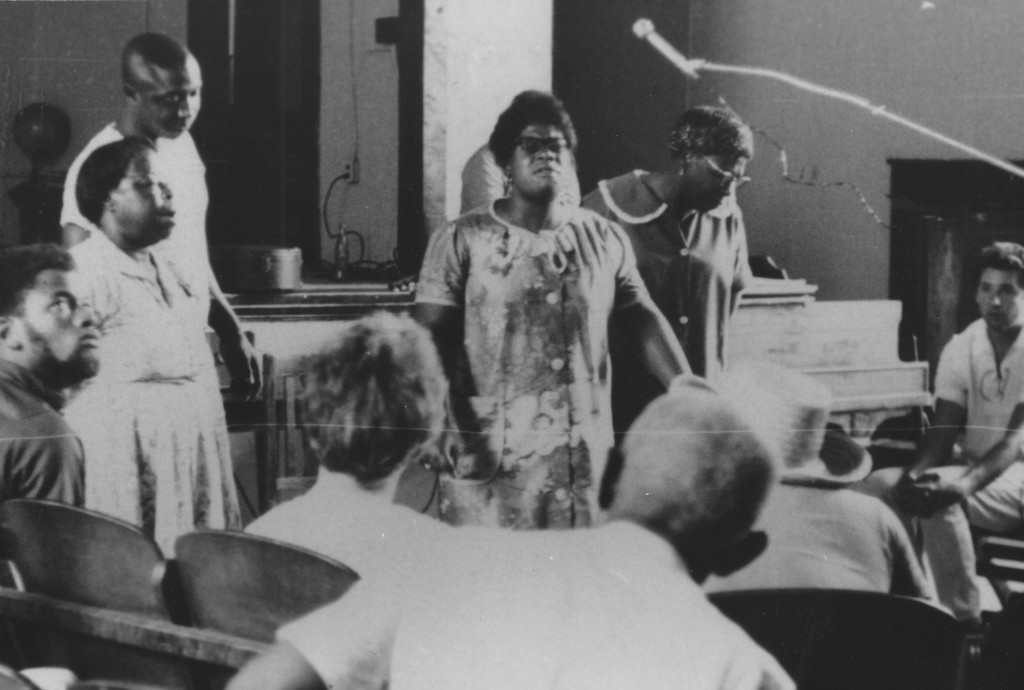On an April night in 1960, Guy Carawan stood before a group of black students in Raleigh, N.C., and sang a little-known folk song. With that single stroke, he created an anthem that would echo into history, sung at the Selma-to-Montgomery marches of 1965, in apartheid-era South Africa, in international demonstrations in support of the Tiananmen Square protesters, at the dismantled Berlin Wall and beyond.
The song was “We Shall Overcome.”
Mr. Carawan, a white folk singer and folklorist who died on Saturday at 87, did not write “We Shall Overcome,” nor did he claim to. The song, variously a religious piece, a labor anthem and a hymn of protest, had woven in and out of American oral tradition for centuries, embodying the country’s twinned history of faith and struggle. Over time, it was further polished by professional songwriters.
But in teaching it to hundreds of delegates at the inaugural meeting of the Student Nonviolent Coordinating Committee — held in Raleigh on April 15, 1960 — Mr. Carawan fathered the musical manifesto that, more than any other, became “the ‘Marseillaise’ of the integration movement,” as The New York Times described it in 1963.
From Carawan’s Wikipedia page:
A union organizing song based on a black spiritual, it had been a favorite of Zilphia Horton(d. 1956) wife of the founder of the Highlander Folk School [Highlander Research and Education Center]. Carawan reintroduced it at the school when he became its new music director in 1959.
…
When college students in Greensboro, NC, began the lunch-counter sit-in movement on Feb 1, 1960, Highlander’s youth program took on a new urgency. Highlander’s seventh annual college workshop took place on the first weekend in April, with 83 students from twenty colleges attending. As part of a talent show and dance, Carawan taught the students the song “We Shall Overcome.” Two weeks later, on April 15, two hundred students assembled in Raleigh, NC, for a three-day conference at Shaw University. Called by the Southern Christian Leadership Conference (SCLC) to develop a youth wing, the students instead organized the independent Student Nonviolent Coordinating Committee (SNCC). They invited Carawan to lead the singing, and he closed the first evening with “We Shall Overcome.” The audience stood, linked hands and sang—and went away inspired, carrying the song to meetings and demonstrations across the South.
Posted by John B. Chilton
Photo Credit: Photographs of the Southern Freedom Movement in the Alan Lomax Collection | Library of Congress

